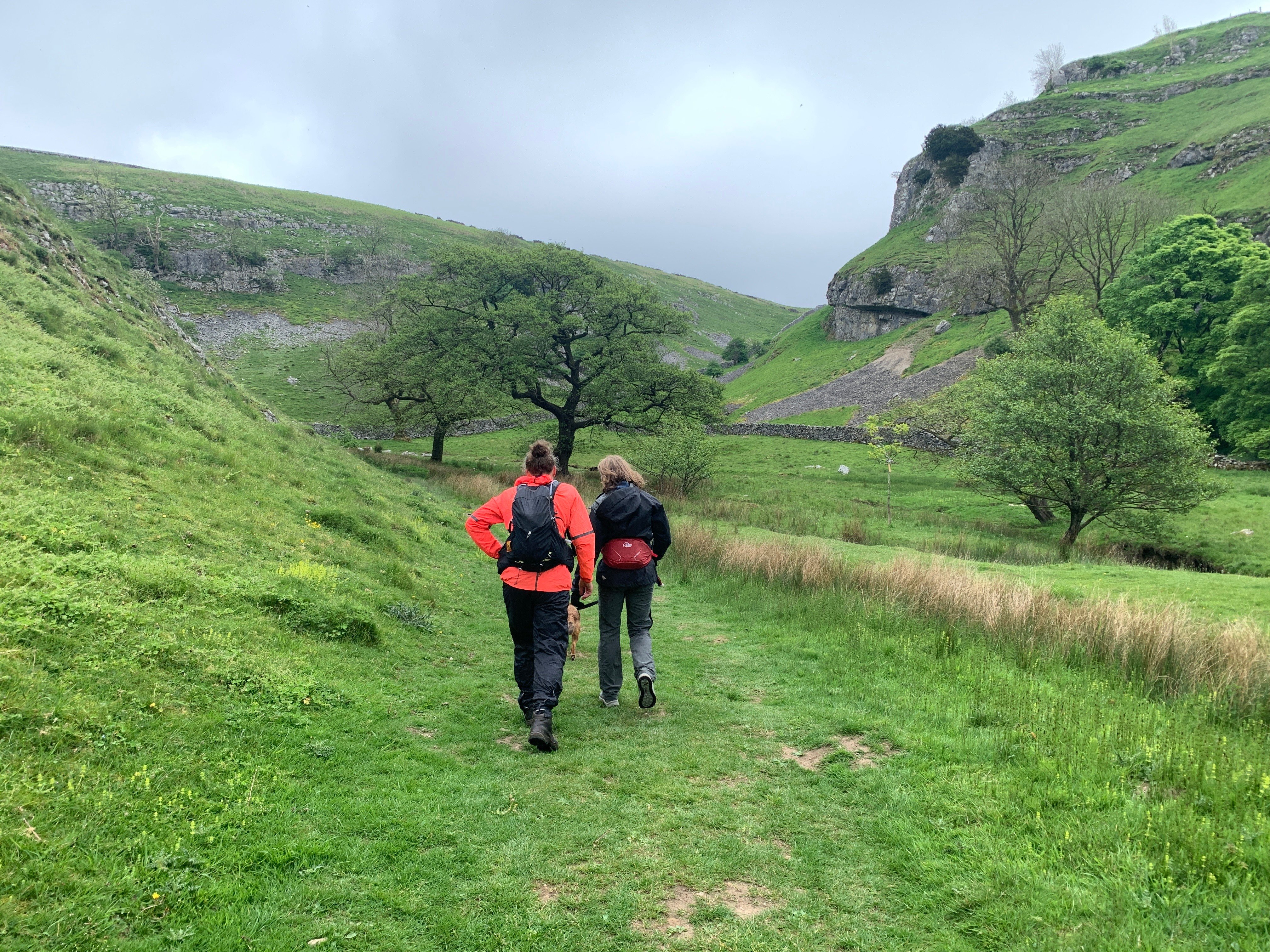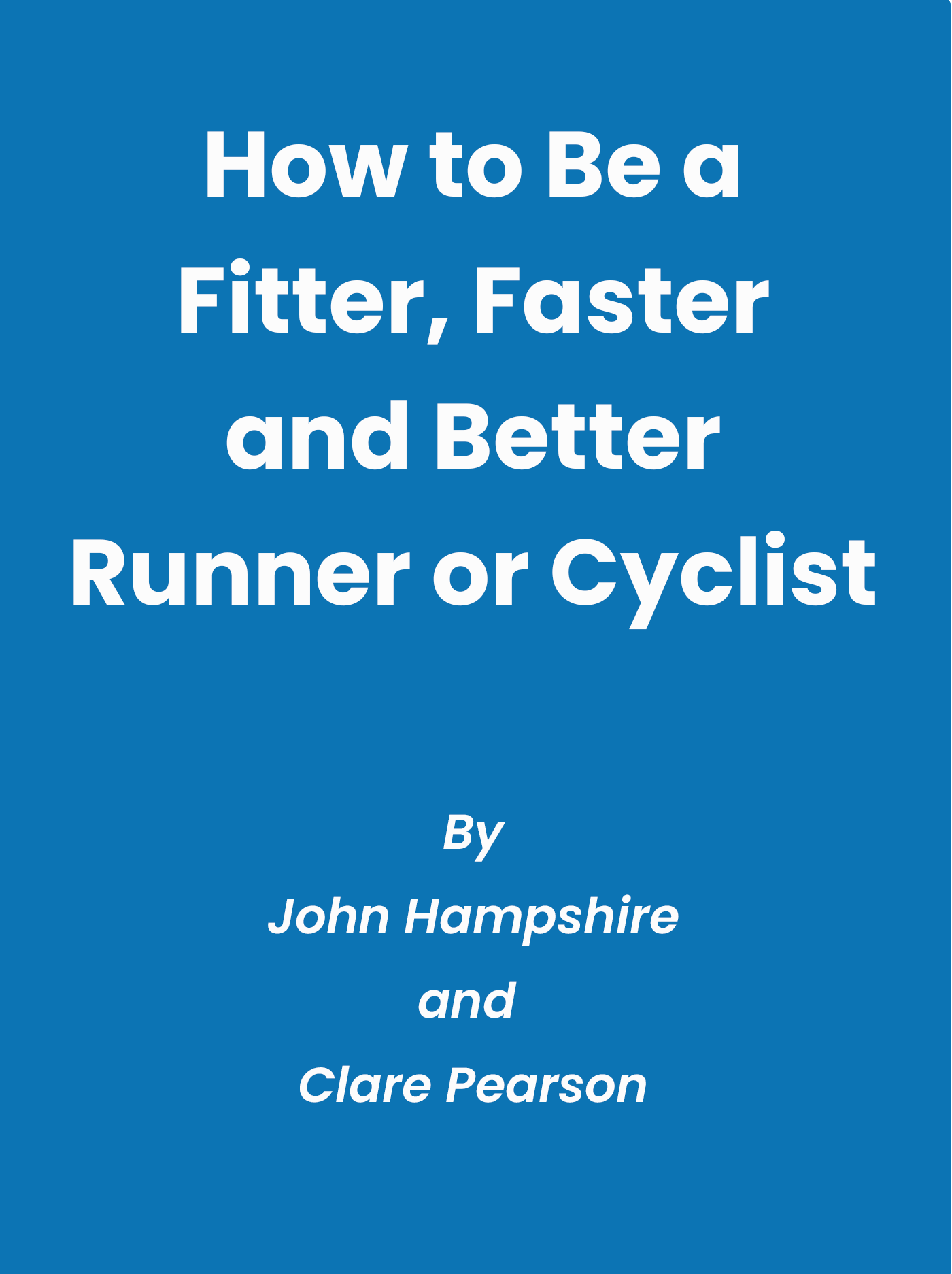Is it OK to Walk During my Running Workouts?

Many runners struggle with the idea of walking during a workout, but in actual fact it is a well-established training method. This is despite that it has been a recognised technique by renowned runners since the early 20th century.
Here are some thoughts about how running can help even the best and fastest of runners during workouts and even in races.
It's a great way to build up
Jeff Galloway famously proposed the idea of taking walking breaks during a running programme when he began training groups of people who were either just starting out running or returning after a long period off. He found that by interspersing walking breaks into the running sessions the athletes could build up distances and avoid injury.
This is not dissimilar to the way we approach interval training, indeed, Jeff notes himself it is a form of interval training. By taking breaks from intensity we can spend more Time in Zone (whether that's the 'running zone' or something else).
Cognitively this can also seem much more accessible to the new runner who may balk at the idea of running for 20 minutes, but may feel excited to see how many times they can run for 1 minute then walk for 1 minute.
It can help you come back after injury
If you have been injured a good way to come back is to load intermittently by doing some small amounts of running interspersed with walking. As you recover you can gradually make the running sections longer and the walking sessions shorter.
You can go for longer
Regular walking breaks can be the key to completing ultra distances, as noted by Tom Osler in 1978. Osler's view was that anyone capable of running 42km could easily complete 80km if they took regular walking breaks. Frequent walking breaks decrease the load on your muscles and mean that the onset of fatigue is delayed.
'Thus in the more accepting marathon culture, the real crime is to start walking when you are already exhausted. Start walking sooner than later. Do not wait until you are too exhausted to continue running' Tim Noakes MD, The Law of Running, 4th ed. 2001, p. 634.
You may recover more quickly
Alan Peacock, the Australian Ultra distance runner discovered that by taking regular walking breaks in ultra marathons he was able to complete his 24 hour race without developing leg stiffness. He began applying this principle to his long training runs and discovered he was recovering within 24 hours from runs of 4 hours.
It's a good pacing strategy for mountainous runs
For mountainous courses there may be some technical sections that you are not able to run, but even if a hill is runnable a good strategy can be to walk to save your legs for the sections where you can make more headway.
You can choose to simply walk all inclines or ensure your heart rate stays below a certain level by walking when it starts to climb too high.
It Ensures your easy runs are easy
One of the hardest things for many runners is to run really easy; partly psychological and partly habit for many ahtletes a 'zone 2' run in their long endurance zone is often nearer an aerobic threshold run (zone 3 on a 5 zone system).
By deciding to walk or run/walk athletes can start to make sure that their easy training runs really are easy enough, which means their hard training runs can be run harder.
A walking break can be a fuelling opportunity
For long runs when you need to be fuelling very 30 to 45 minutes then a walk break can be a good opportunity to get some calories in without making yourself sick. If you plan your walk breaks around your food stops you will be ensuring good fuelling as well as a sensible pacing strategy.
If you like this article and have any questions about this or any other aspect of training why not e-mail me? I would love to know your views and help if I can; I answer all e-mails within 5 working days.
Subscribe to our blog
Please share with your friends
Other articles you might like
August 15, 2024

Comments